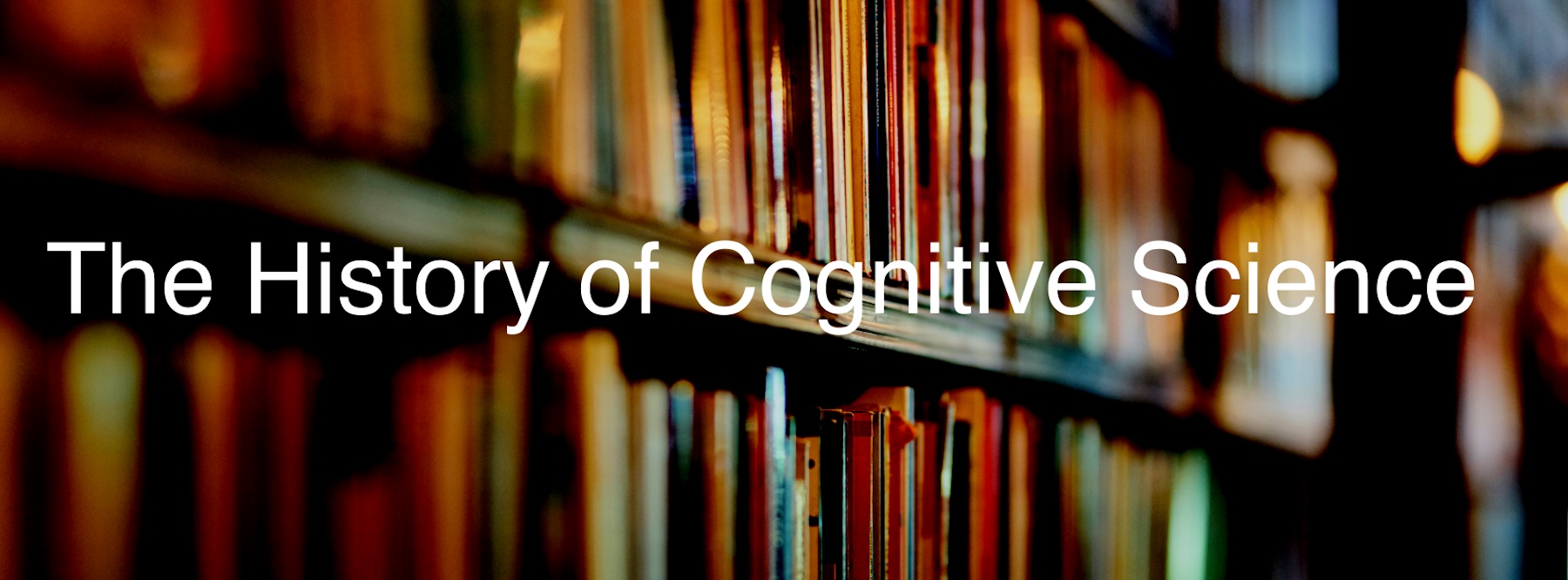
Course description
Introduction: Cognitive science is a field of study encompassing a wide range of disciplines, approaches, and methods converging on the study of cognition. As an interdisciplinary endeavor, it relies heavily on transdisciplinary exchange and collaborative work. In fact, interdisciplinarity has always been an essential feature of cognitive science, from the earliest initiatives heralding its birth like the Macy Conferences on cybernetics between 1946 and 1953 or the Dartmouth Summer Research Project on Artificial Intelligence in 1956 up to today’s departments, research communities and academic events in the field of cognitive science. As George A. Miller suggested, one could think of the core identity of cognitive science as involving the joint work of at least six disciplines: psychology, philosophy, linguistics, anthropology, neuroscience, and computer science (Miller, 2003), a list that could today be extended to include more disciplines coming from the fields of biology and life sciences, which in recent decades have increasingly joined forces to shed light on cognitive processes.
However, the study of cognition, did not begin with the birth of cognitive science as such. Mind and thought have been the subject of serious inquiries since at least ancient Greece and most of our contemporary conceptions and understanding of them are reminiscent of ideas that were already discussed and elaborated in the works of Plato or Aristoteles for example. Moreover, cognitive science was far from being the first scientific discipline concerned with the study of the mind. The birth of psychology as an independent science rather than a branch of philosophy in the mid to late 19th century has led to considerable advances in our understanding of the mind.
So what led a number of disciplines to eventually join forces and found the research field of cognitive science? On one hand, this convergence of many disciplines has certainly been stimulated by theoretical developments in the first half of the 20th century, in the works, for example of Turing, von Neumann, McCulloch and Pitts…etc., which led to the technological breakthroughs that were the first computers. Fascination with their computing power and capabilities soon opened up the prospect of a dual research enterprise in which the study of the mind and the engineering of artificial intelligence could inform each other. The cognitive turn could thus be interpreted as having largely been fuelled by the idea that the mind and mental processes could also be interpreted as and with the help of machines and mechanical processes. On the other hand, a growing dissatisfaction in the mid-1950’s with behaviorism and its refusal to consider mind and mental processes in the explanation of intelligent behavior really catalyzed the cognitive turn. This led to the publication of ground-breaking works, such as Bruner, Goodnow and Austin’s A Study of Thinking (1956), Miller’s famous “The magical number seven, plus or minus two” (1956) and Chomsky’s Syntactic Structures (1957), that paved the way for the formation of the field. Since then and despite its short history, cognitive science has undergone many developments in the ensuing decades, making it a flourishing and diverse field of research today.
However, cognitive science’s particular research program can sometimes be difficult to grasp for newcomers. With respect to its interdisciplinary nature, its inclusion of a wide variety of models, methods, and angle of analysis, as well as its recent origins in the history of the investigation of the mind, one can legitimately ask what defines cognitive science today. As part of a graduate certificate in cognitive science, it is crucial to gain a good and critical understanding of this field of research, from its birth up to its current state. To this end, this seminar proposes to consider cognitive science from a historical perspective. The program will be divided into three main topics: 1) the study of the mind before the birth of cognitive science; 2) the birth and development of cognitive science in the 20th century; 3) contemporary cognitive science and its challenges. This division will help students familiarize themselves with the philosophical roots of different approaches in cognitive science as well as to the historical contexts and events that triggered the birth of this field of research and fuelled its development up to its current state. This contextualization within the broader history of the inquiry of the mind will foster a critical understanding of the research field itself, but also of the many different approaches that it contains. This seminar will thus help form future researchers in cognitive science by providing them with the required conceptual tools, vocabulary, as well as a historical and philosophical understanding, facilitating the task of navigating a highly interdisciplinary research field.
Course credit: For 4 ECTS participants are required to attend, read and prepare all texts for discussion, and write a short essay.
Introductory reading: Miller, G. A. (2003). The cognitive revolution: A historical perspective. Trends in Cognitive Sciences, 7(3), 141-144.
Course instructors
Room
will be announced shortly
Time
will be announced shortly
E-Learning
Link to Moodle (coming soon)
Links
Infos on the Certificate of advanced studies "Cognitive Science"